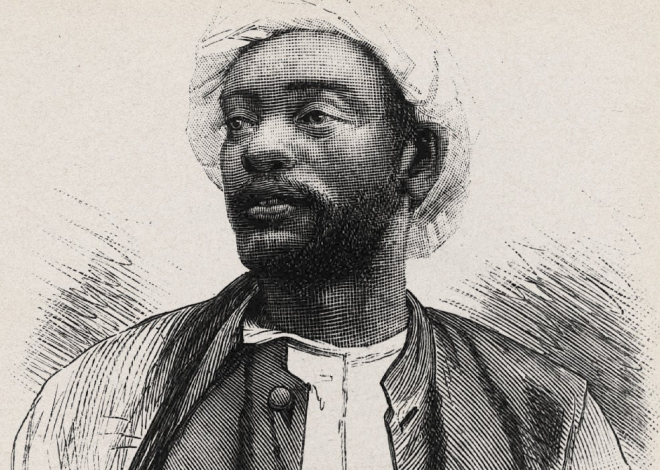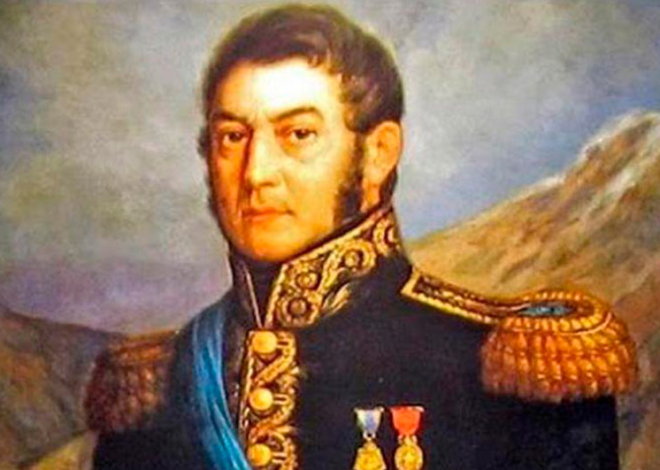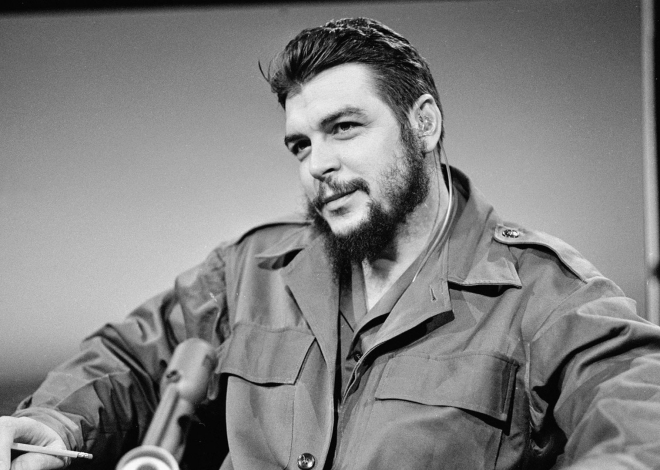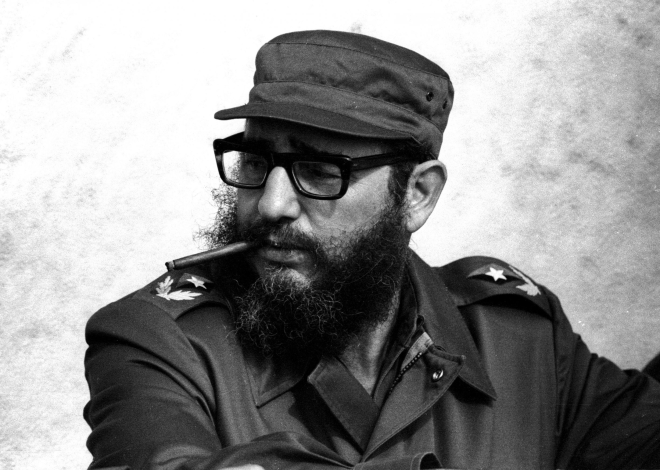
Simón Bolívar
Simón Bolívar, often referred to as “El Libertador,” was a Venezuelan military and political leader who played a central role in the South American wars of independence against Spanish colonial rule.
He is regarded as one of the most important figures in the history of Latin America.
Here is a detailed history of Simón Bolívar:
Early Life and Education:
- Simón was born on July 24, 1783, in Caracas, Venezuela, which was then part of the Captaincy General of Venezuela, a Spanish colonial territory.
- Orphaned at an early age, Bolívar received his education in Europe, primarily in Spain. He was influenced by Enlightenment ideas, the American and French Revolutions, and the writings of philosophers like Voltaire and Rousseau.
Return to South America:
- Bolívar returned to Venezuela in 1807, just as the waves of independence movements were beginning to spread throughout Latin America.
Early Revolutionary Activities:
- He participated in various early revolutionary campaigns, including the failed attempt to liberate Caracas in 1811.
Exile and Rebirth:
- Following the defeat in Caracas, Bolívar went into exile in 1812. He traveled to several countries, including Haiti and New Granada (now Colombia), where he met and received support from influential revolutionary leaders and thinkers.
- During his exile, Bolívar developed his vision of a united and independent South America, known as “Gran Colombia,” which would encompass present-day Colombia, Venezuela, Ecuador, and Panama.
Campaigns in New Granada and Venezuela:
- Bolívar returned to Venezuela in 1817 and launched a series of military campaigns aimed at liberating northern South America.
- His most notable achievement during this period was the Battle of Boyacá in 1819, which resulted in the liberation of New Granada (now Colombia) from Spanish rule.
- Bolívar continued his campaigns in Venezuela, culminating in the Battle of Carabobo in 1821, which led to the liberation of Venezuela.
Creation of Gran Colombia:
- Bolívar’s dream of a united South America took shape with the establishment of Gran Colombia in 1819, a federation of liberated territories. Bolívar became its first president.
- He wrote a constitution for Gran Colombia, which included provisions for civil liberties and social reforms.
Military Campaigns in Peru and Bolivia:
Bolívar extended his military campaigns into the southern part of the continent. He successfully liberated Peru and Bolivia from Spanish control, with the decisive Battle of Ayacucho in 1824 marking the end of Spanish rule in South America.
Challenges and Dissolution of Gran Colombia:
- Bolívar’s leadership faced internal and external challenges, including regional conflicts and disagreements over the form of government.
- Gran Colombia eventually dissolved in 1831, leading to the formation of separate nations, including Colombia, Venezuela, and Ecuador.
Later Years and Legacy:
- Bolívar spent his later years in exile and faced political turmoil in various South American countries. He resigned from power in 1830 and went into voluntary exile in Santa Marta, Colombia.
- Simón Bolívar died on December 17, 1830, at the age of 47.
- His legacy is immense, and he is remembered as the “Liberator” for his role in achieving independence for several South American nations.
- Bolívar’s ideals of liberty, equality, and pan-American unity continue to inspire leaders and movements throughout Latin America.
- He remains an iconic figure in the region, with monuments, streets, and institutions named in his honor across numerous countries.
Simón Bolívar’s vision and determination played a pivotal role in the liberation of South America from Spanish colonial rule and the eventual emergence of independent nations. His legacy as a founding father of Latin American independence continues to influence the political and cultural landscape of the region.







